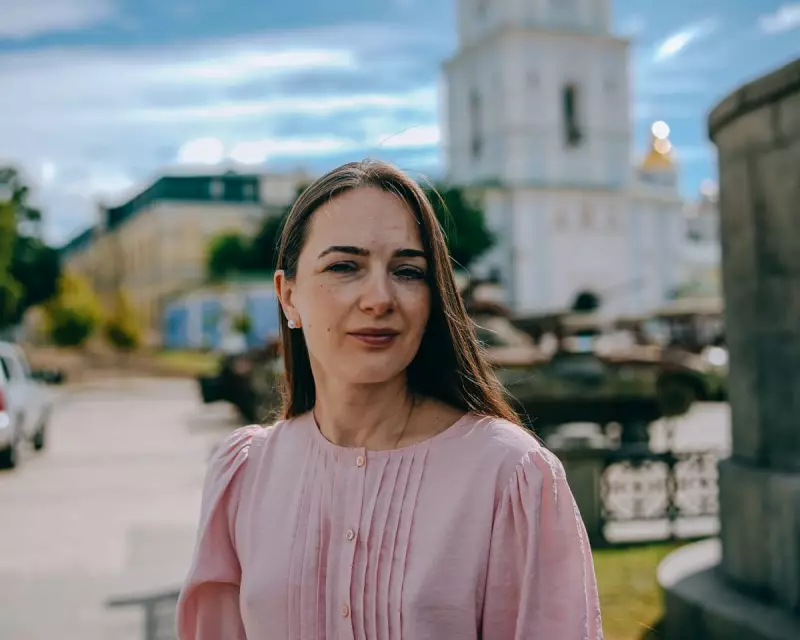
Ukraine's sole Nobel peace prize recipient has issued a stark warning that any peace agreement between Russia and Ukraine containing an amnesty for war crimes could embolden authoritarian leaders worldwide to attack neighbouring countries.
The Human Cost of Amnesty
Oleksandra Matviichuk, head of the Ukrainian Center for Civil Liberties, expressed serious concerns about the leaked 28-point US-Russia peace plan, arguing it fails to account for the human dimension of the conflict. The prominent human rights lawyer supports President Volodymyr Zelenskyy's efforts to renegotiate the proposal through dialogue with the White House.
We need peace, but not a pause that provides Russia a chance to retreat and regroup, stated Matviichuk from her Kyiv office. She emphasised that any lasting settlement must include security guarantees comparable to NATO's Article 5 protection for Ukraine.
Documenting Russian Atrocities
Matviichuk's organisation has been instrumental in documenting what she describes as Russia's genocidal character, recording an astonishing 92,178 probable war crimes committed by Russian forces since Moscow's initial invasion of Crimea in 2014. The full-scale invasion that began in February 2022 dramatically escalated the violence.
The human rights advocate identified clause 26 of the original US-Russia draft as particularly alarming. This provision promised full amnesty for all actions during the war and prevented future legal claims. Such terms would effectively reward territorial aggression and undermine international law, according to Matviichuk.
Ukrainian Resistance to Territorial Concessions
Despite nearly four years of brutal conflict and frequent power cuts resulting from Russian attacks, Ukrainian public opinion remains firmly against territorial concessions. Most Ukrainians believe that without robust security arrangements, no peace agreement can permanently end the hostilities.
Matviichuk argued that conceding strategic eastern cities like Kramatorsk and Sloviansk, along with the remaining 30% of Donetsk region under Ukrainian control, wouldn't necessarily establish stable peace. Putin did not start this war for land, she asserted, suggesting the Russian president's true objective remains the subjugation of Ukraine itself.
The peace negotiations continue amid concerning developments, with Donald Trump's special envoy Steve Witkoff scheduled to visit Moscow for talks with Russian leaders next week. Kremlin officials maintain they won't accept changes to their original demands, raising fears that the US might pressure Ukraine to accept Russian terms.
Opposition MP Inna Sovsun from the liberal Holos party described surrendering Donetsk without military resistance as one of the most unacceptable conditions in current discussions. She estimated that Russia would require approximately one year of intense fighting and sustain massive casualties to capture these territories militarily.
Halyna Yanchenko, an independent MP formerly from the president's party, acknowledged that Ukrainians want peace more than anyone but understand what peace on Russia's terms entails after eleven years of conflict. Ukrainian officials continue working to counter Russian disinformation and ensure the US doesn't accept Moscow's demands, which would undo years of diplomatic efforts.





